Test it, you too! Outline, short summary.
Nowadays, there is also a so-called Scientific (cognitive) God. Yes to the many gods created and invented by humans ( Aten, Horus, Mithras, Dionysus, Attis, Krishna, Vishnu, Baal, Thor, Wotan, Borvo, Yahweh, Kukulkan, Marduk, Allah, Re, Zeus, Shiva, Dyḗus, Ahura Mazda, Zurvan, Manitou the Great. ... ) beyond and beside. Of course, this is not a mythological creature, nor is it some natural formation (Sun, trees, springs, animals, stones) for which a personified meaning is invented. Rather, it covers neurological and psychological processes. However, this "God" is proven and can be tested. Human physiology is part of our real world. This also raises the question of the meaninglessness of atheism.
The lack of a precise, meaningful, scientific definition is also a serious error in reasoning and logic! Important thought: Is it possible to examine the correctness or incorrectness of a definition? In memetics and logic there is/exists the operation of "redefinition". Because yes, something may be incorrectly defined.
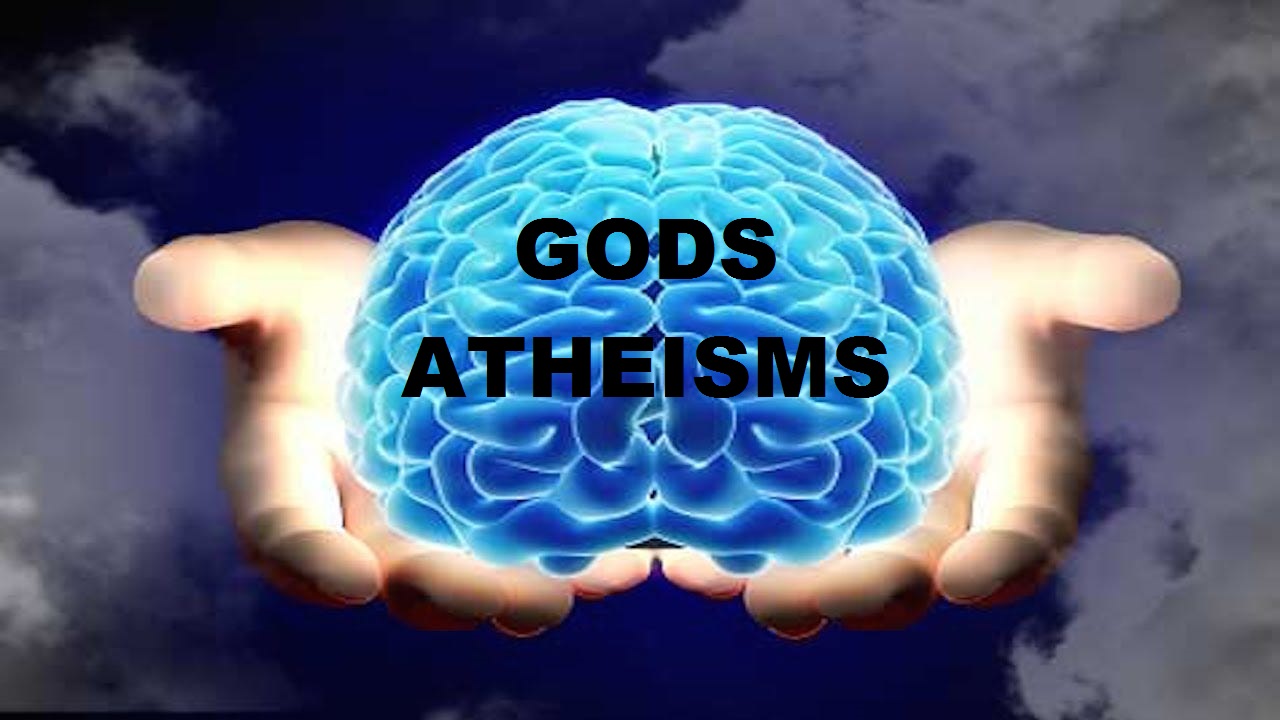
Definition (IGe); Giving the main characteristics of something, which makes it unmistakable with other things. Basic rules of definition:
- No circling. (vicious circle, petitio principii)
- There should be no obscurity.
- The definition must not be too wide or too narrow.
- Intelligibility. It cannot refer to another, undefined thing.
- One thing, it identifies, or many things of the same kind.
- A definition should not be negative where it can be positive. We should not define "wisdom" as the absence of folly, or a healthy thing as whatever is not sick.
The typical definitions of atheism violate practically all of these main rules.
We have a lot of concepts (words) that many people use with incorrect definitions. Nothingness, infinity, existence, supernatural, believer, agnostic, atheist, metaphysics, "God"-"Car", theology, faith, science ....
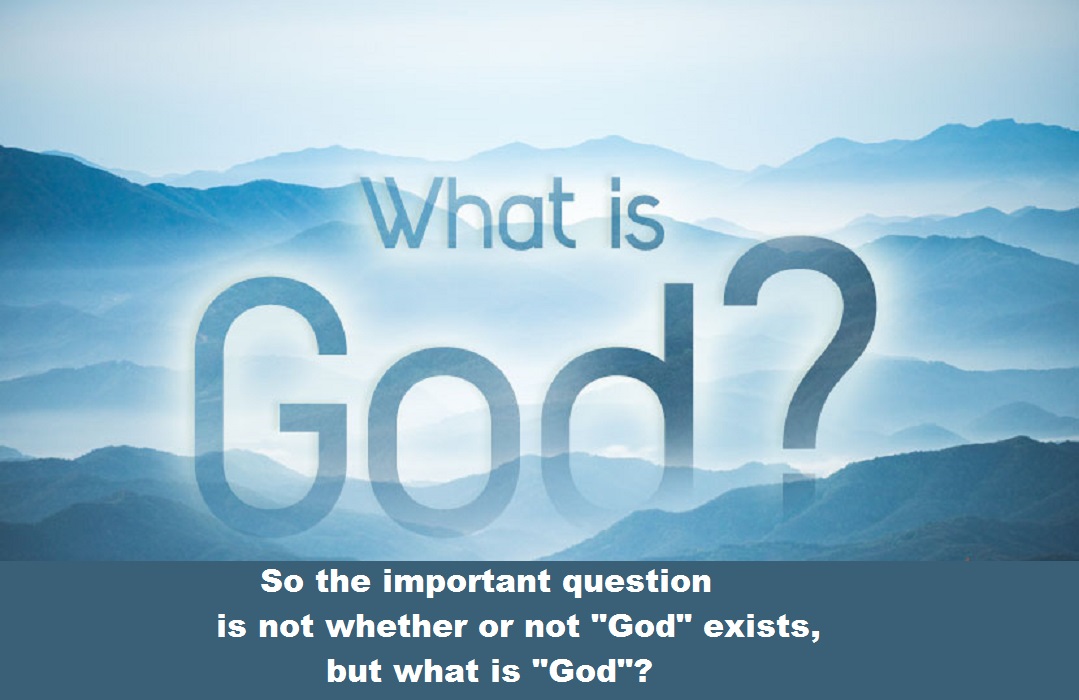
Atheism is pseudo-science and pseudo-philosophy. In fact, it is only a counter-religion, a denial-religion. With a philosophical and logical example: "Babig" denial, or aBabigism.(Babig; Rudolf Carnap 1891-1970 German-American philosopher, logician.)
Why is atheism a belief? :
1. Atheists believe that atheism is not a faith.
2. Atheists believe that atheism is not dogmatic.
3. Atheists believe that atheism is logical.
4. Atheists believe that atheism is a scientific worldview.
5. Atheists believe that atheism is more advanced than theism.
6. Atheists still BELIEVE that "God" is what is described in a storybook called the "Bible". (!) (?) Of course it's a religion, like atheism.
In science, it is necessary to prove, namely so that the proof can be tested. It is not customary to accept other people's tales as correct. Thus, atheists, in principle, start from a wrong definition of "God".
Boiled types of atheism, and some interesting connections. The result of human-ethological research and observation. Because the older systems are now obsolete. Which is just scientific-philosophical data.
1. Mono-atheistic. - A piece in the direction of denying God, or disbelief.
2. Poly-atheist. -To deny many/more Gods or not to believe in them.
3. Interfaith atheist. - They mutually deny and do not believe in each other's gods.
4. Own God Atheist. - Invisible Pink Unicorn God, Big Meatball Dough God, etc.
5. State-registered atheism in church form
6. Militant atheism. - Want to eliminate theism.
7. Anti theist. - Opposition to the social influence of official churches and religions.
8. Apatheist. - An apatheist is someone who is not interested in accepting or rejecting any claims that gods do exist or do not exist.
9. Igtheism = Ignosticism. - The idea and philosophical trend that the question of God's existence is meaningless because the word "God" has no clear definition
10. Anti-atheism. - They do not believe in theism and atheisms.
11. etc. + a-Santa-ism, a-unicorn-ism, a-Winnie-the-Pooh-ism, a-Snow-White-ism, a-Jon-Snow-ism -Game of Thrones-, a-Vilmos-Tell-ism, a-Vladimir-Ilyich-Lenin-ism, a-Stephen-Hawking-ism, a-God-ism, a-Karakutty-ism, a-ZarahurMara-ism, a-Existence-ism, a-Babig-ism
12. Nonism. - Reluctance to tie your worldview to any ideology. According to some opinions, the neutral position is also atheism. Which is a clear logical error.
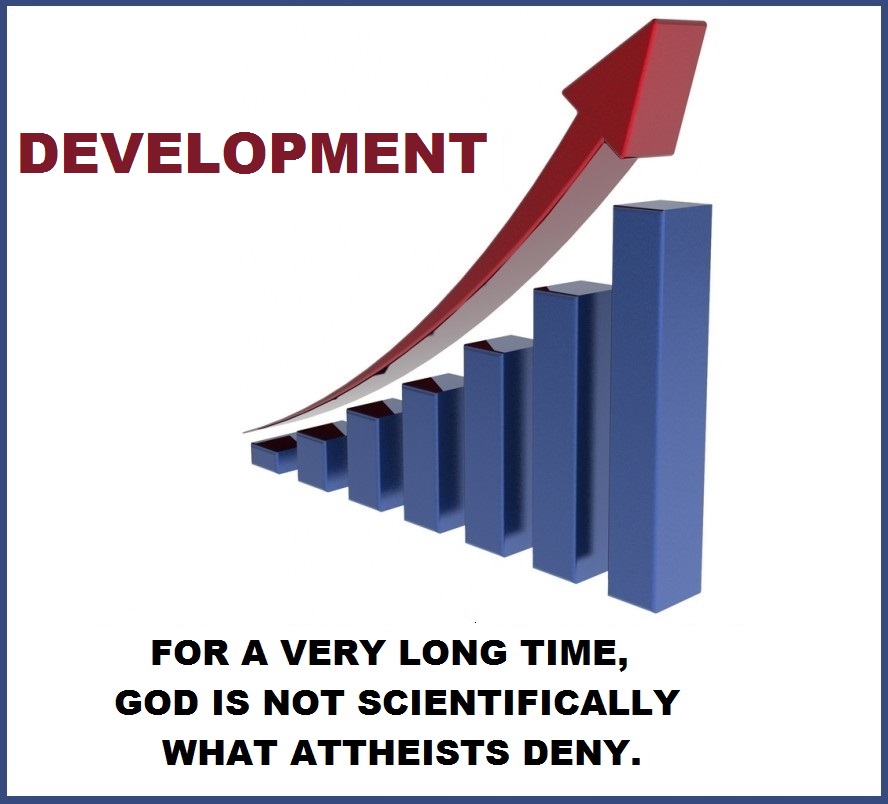
Philosophizing "God exists" vs "God does not exist" is meaningless. Some very simple things just need to be thought through and logically.
1. What is "God"? -> What is "Karakutty"?
2. Why "God"? -> Why " Karakutty"?
3. So is "God / Karakutty" because it was invented that way? Karakutty is the creator of God. That's how it was invented.
4. This is a logical fallacy. Circular reasoning. Invalid !!!
What does the "existence" of my toothbrush have to do with whether or not people believe in it? Reality does not depend on either belief or disbelief. That is why both atheism and theism ... are religions, beliefs, dogma systems. In other words, atheism is not suitable for scientific investigation.- "Some atheists seem to suggest, that "I lack a belief of A, therefore A does not exist", but it is an argument from ignorance."
Do you think there are no mythological characters? Atheism becomes a parody of itself when, in its god-denying overzealousness, it wants to reinterpret even the word existence so that it cannot be said that there are mythological figures in myths.
"Scientific God"; the one that corresponds to the rules of scientific methodology, correct reasoning and empiricism. It started with data collection and observation. Then, after sorting and processing the data, he went through the most rigorous scientific methodological process. So it is not invented like a fairy tale, but also discovered, proven and testable. You can even test it yourself. Theists should not be bothered by this, since there have been many, many Gods. This has such an effect on the denial belief of atheists that it is impossible. It's getting ridiculous.
So the important question is not whether or not "God" exists, but what is "God"?
I don't believe in atheism and atheisms. Many of us are like that.
It is scientifically proven and many times over that God/gods are invented by humans. That's why God/gods don't exist? Is it also proven that mathematics was invented by humans? So you think there is no mathematics and does not exist? Atheists use the verb "to be" / "to exist" incorrectly.
Does atheism require logical thinking? Or is it enough to just copy and repeat atheist dogmas? I've tested it in many places and atheists are just memetic meme copycats. They don't think logically.
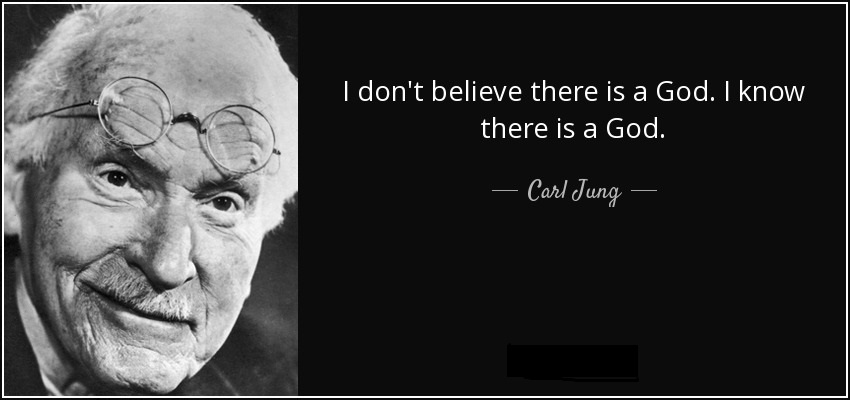
Why did a Hungarian engineer who studied control and robot technology as a basic profession deal with such questions at all? In the 1990s and 2000s, I was a member of many scientific societies. First of all, that of the Engineering Science Association, whose headquarters at the time were located on the same square as the Parliament and were in close cooperation with the Hungarian Ausztonauticai Company. So I was active there and in many other scientific societies as well. Among others, there is also one at a foundation that researches the abilities of the human psyche (called AION). Also at the Society of Respecters of the Facts and at the Hungarian Para-Research Scientific Society. I have successfully deciphered several things declared to be mysterious para-phenomena. I proved that it is operated only by simple known physical processes. So there is no parapsychology in them. Thus, the only real challenge was the deciphering of perhaps humanity's greatest para-phenomenon, "God". With which I messed around for two decades, before I thought that this could be published, because it is logical, verifiable and testable.
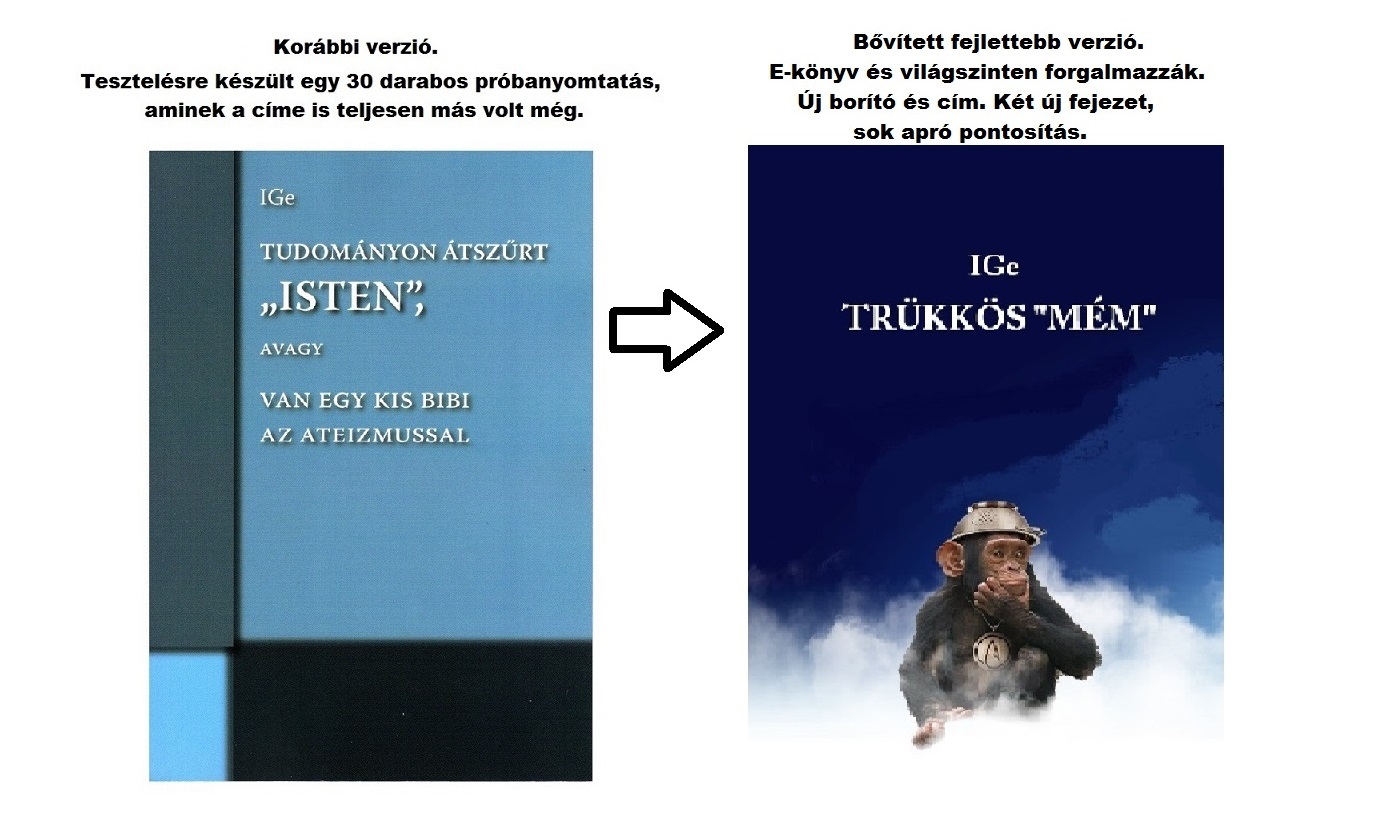

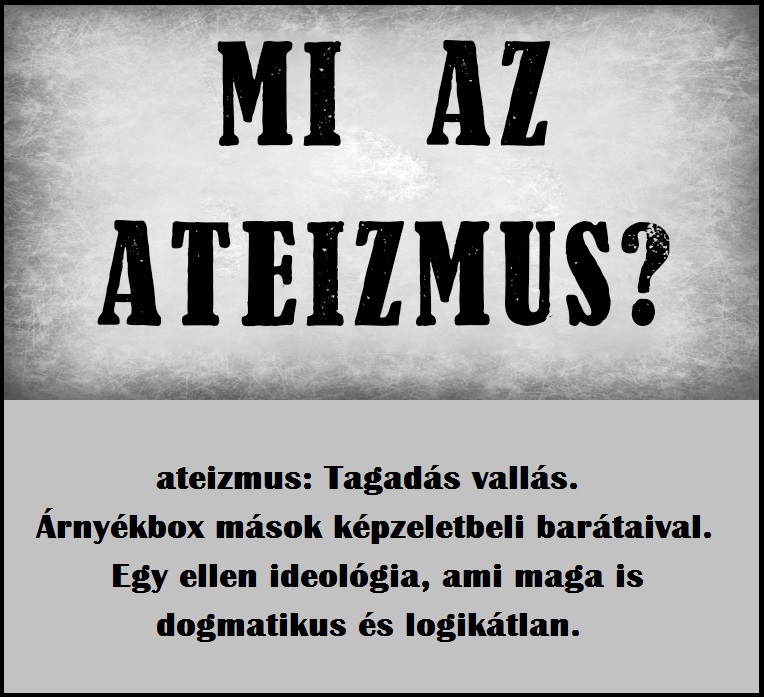


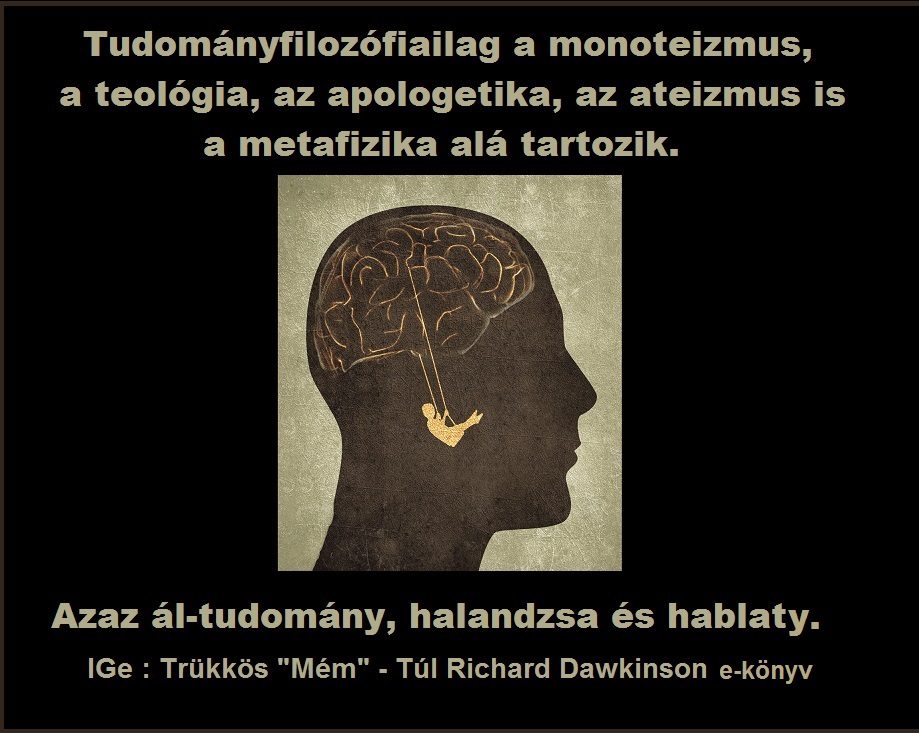








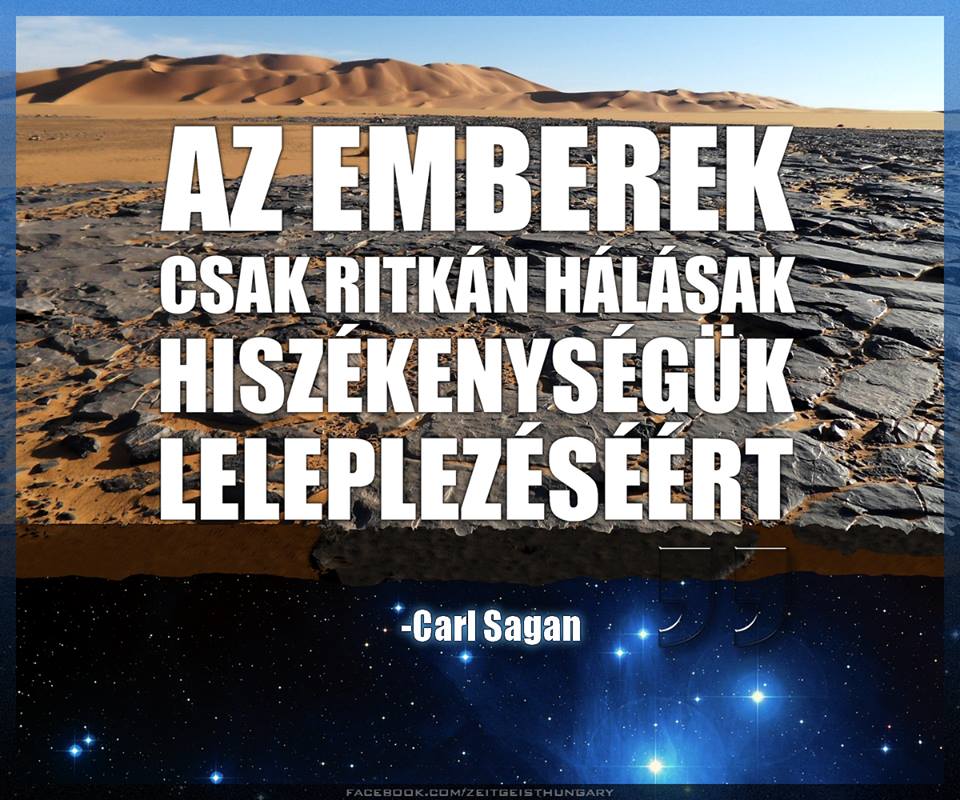




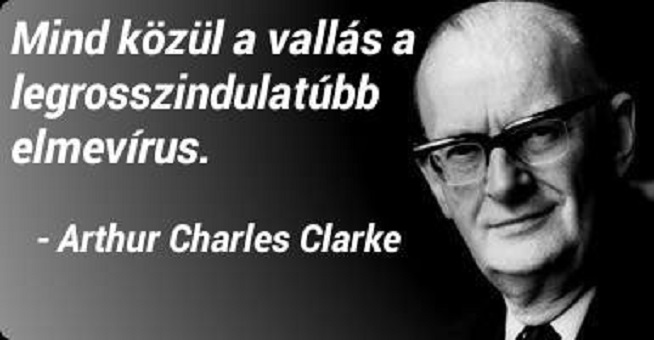
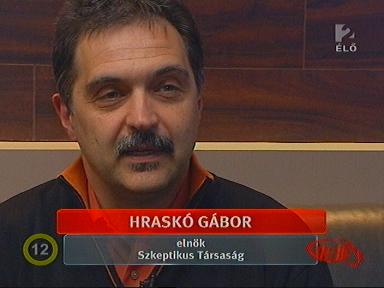
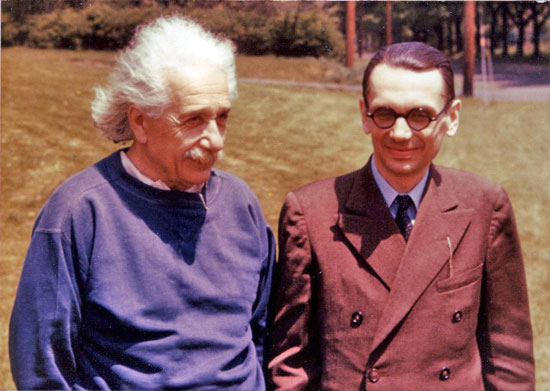


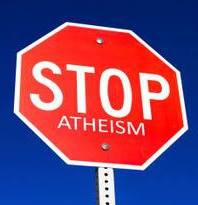





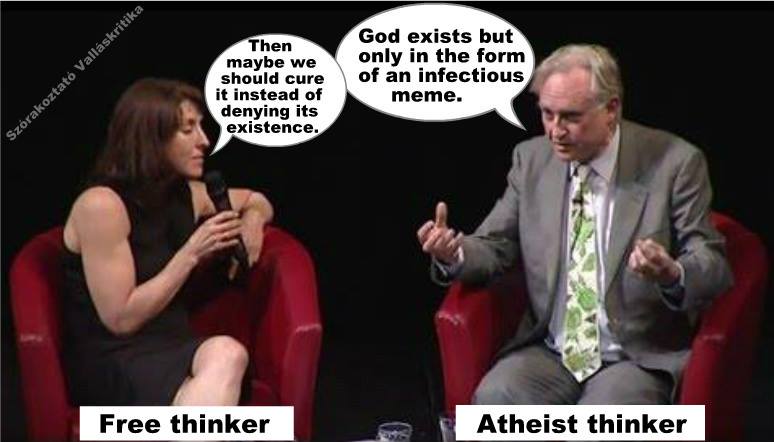
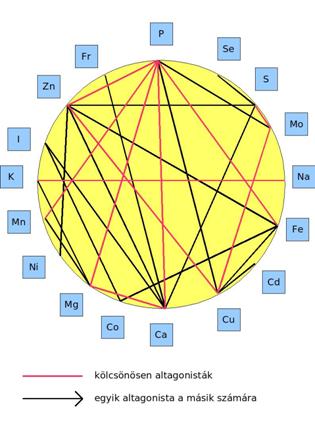 Definiálja valaki az anyag fogalmát! Első látásra egyszerűnek látszik, de még sem olyan egyszerű, ha jobban belegondolunk. Meglepett, hogy ez is legalább olyan problémát jelentett, mint a
Definiálja valaki az anyag fogalmát! Első látásra egyszerűnek látszik, de még sem olyan egyszerű, ha jobban belegondolunk. Meglepett, hogy ez is legalább olyan problémát jelentett, mint a 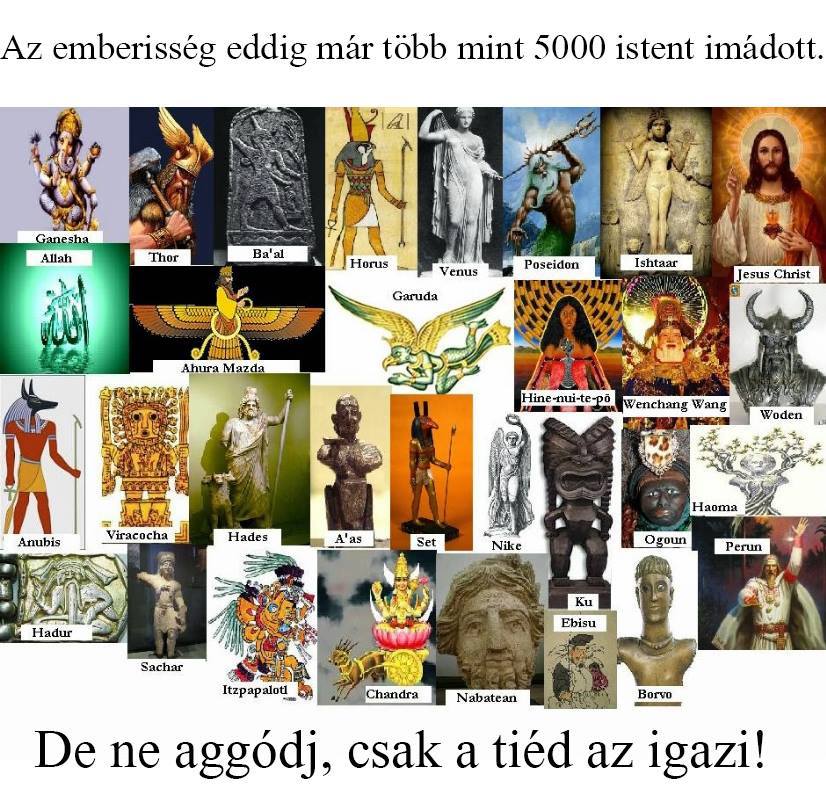


 James Randi
James Randi